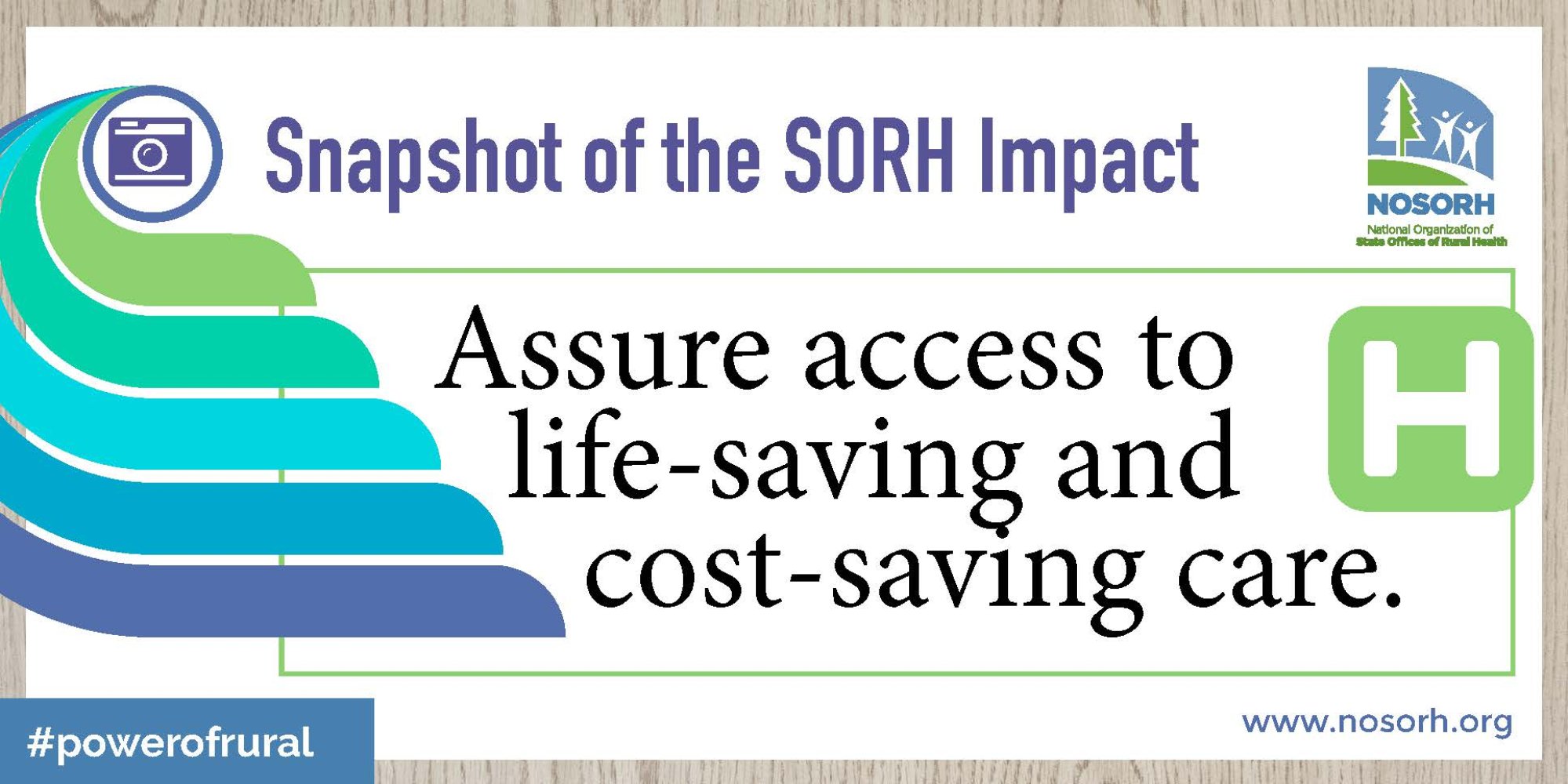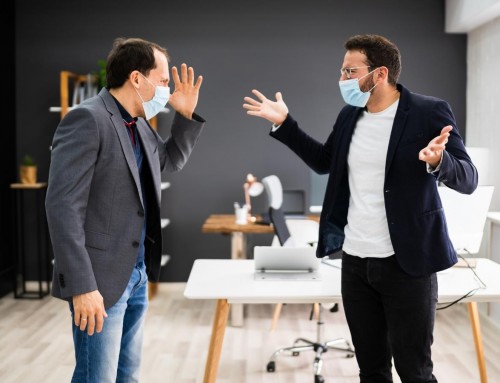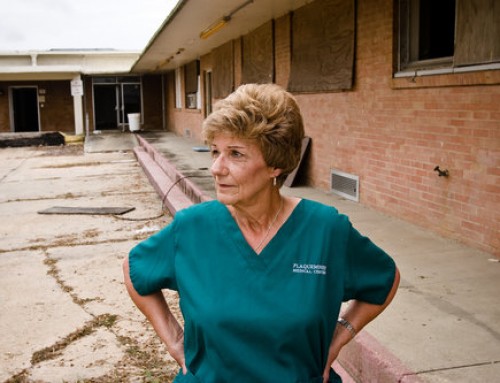This week, I am in D.C. attending the National Rural Health Association Policy Institute. Last month, I was in rural Iowa, before that rural Oregon, before that, rural Colorado. I’ve spent time in Texas, Missouri, Kentucky, and so many other places where small, rural hospitals are represented by dots on the map, and the only big, all-consuming topic is, ‘health care,’ specifically, what will happen to rural when all this dust settles.
As I’ve thought about, here and attending these important sessions in our nation’s capital, there seems to something missing from these important conversations we’re having, and I think that thing missing is you. Yes, you, because you see, when rural health leaders convene to bigger cities to meet, strategize, and work to overcome the challenges they face, they are not hearing how important their collective fate is to the men and women living and working in the high rises above them. Frankly, I doubt that when these same leaders go back to serving their rural communities, they’re talking about the challenges you’re facing either, but they should. We all should. Not that I have any business should-ing on you; but I believe there to be tremendous power in each of us taking special interest, even slight interest, in what access to care and economic stability looks like from the other side.
If you happen to live in the suburban sprawl or a major city and think that rural hospital closures don’t pertain to you, I invite you to think again. When rural communities lose their hospitals, they lose health care, and that means emergency rooms, doctors, diagnostic services, physical therapy, in other words, the works. Hospital closures are not new of course, but the rate at which they are closing and projected to close if we keep this up is alarming. I don’t believe it’s up to those folks in the rural sector to fix it alone – they can’t. When a rural hospital closes, the health care needs of the community do not vanish, they just disperse. If you live in an area where a hospital 35, 50, 100 miles of you has closed, you’re feeling it, but you may not even know it. Rural hospital closures cause lives to be lost and changed forever, and communities slowly (or quickly) become unrecognizable.
For years, I’ve done work to help rural hospitals address their outmigration, that is, work to find ways to help stop the flow of community members from seeking health care in a nearby city with a bigger, fancier hospital. Of course, there are dozens of very specific reasons why outmigration happens. Even with a new multi-million dollar facility, rural hospitals continue to face significant challenges when it comes to convincing community members to ‘keep care local.” But at the end of this day, it’s important to note that the rural health care landscape has changed. Now there may be a choice. Tomorrow, leaving the community for care will be by force.
While rural health leaders and their trusted industry resources are still working hard to engage their communities, and compelling their residents to utilize local care, they’re up against the clock. I am personally aware of hundreds of rural hospitals that have done the hard transformation work, done backflips and run marathons to comply with the bevy of new regulations to improve quality and safety and spent millions on creating patient-centered (better customer service and patient experience) models. For some of them, these measures and all of the hard work has been their saving grace, but not for all, not for enough of them.
Why should rural health care and hospital closings matter to you if cannot see a farm or meadow from your front door? There is simply not going to be enough health care to go around for all of us. It’s unfair and unreasonable that others, by way of their geography, have no health care and while others get theirs. For one day, I think it’s important to put on another pair of shoes. In a country where we value innovation, imagine what is possible if rural and non-rural, health care and non-health care collaborators put their minds together to take on some of the challenges facing over 60 million people living in rural communities.
While we’re here, in the most politically charged environment possible, vying for the attention of those who make the rules, I don’t believe this is just a political situation. It’s personal. If it were affecting you where you live, it would be anyway, right?
Everyone in this country deserves quality healthcare. Doctors and health providers need to be compensated fairly and adequately for their amazing work; rural hospitals should not be set up to fail while the larger systems with more affluent communities and covered lives thrive. Balance, fairness, reason and compassion are always important to consider. Above all, I firmly believe that by pledging to become informed and involved in a meaningful way, we have the capacity to make a difference, an impact.
If you have the interest to learn more about how you might be in a position to make a difference for rural, you can learn more about the start of some new conversations at PowerofRural.org.







